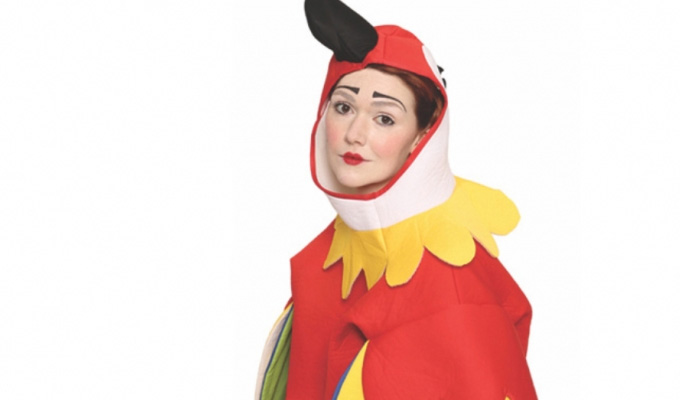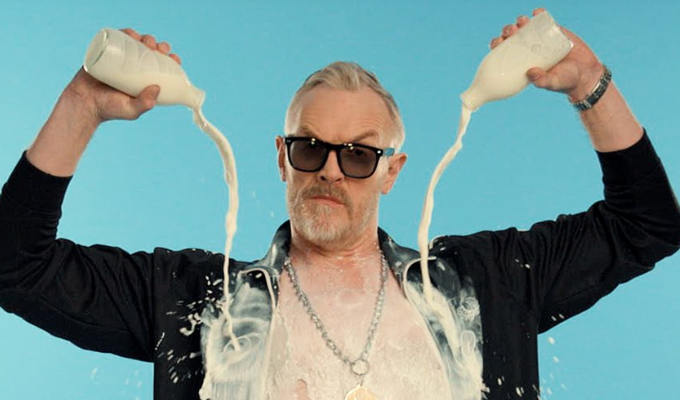Comedy with no class
Decline of the working-class sitcom
Working class heroes have all-but disappeared from comedy, as society becomes increasingly middle class.The social shift means working class characters are nowadays not always seen as sympathetic, and are just as likely to be shown in a negative light.
That was the view of academics gathered at Salford University yesterday, who cited On The Buses, Steptoe and Son and The Likely Lads, to reinforce the place of the working man in the comedy of the Sixties and Seventies.
Comedy has a ‘long tradition as an essentially anti-establishment cultural expression sympathetic to the values and sensibilities of the commoner,’ the University of Glamorgan’s Daryl Perrins told the seminar.
He gave Porridge as an example of working-class comedy, in which central character Fletch’s ‘minor victories against the system made prison life bearable.’
In contrast, he said, middle class aspirations tended to be frowned upon in comedy. In the Carry On films there was a ‘continual debunking of the po-faced seriousness of the so called “betters”,’ he said. ‘Such social comedies are an enactment of the utopian desire where authority relations are subverted, where they have to bend to us.’
Similarly, Albert Steptoe, pictured, gleefully rejected the middle class’ by an ennobling an anti-consumerist make-do-and-mend mentality,’ he added.
Perrins said that in such comedies, a desire to succeed was not condemned, but to adopt pretentious airs as Harold Steptoe or Bob and Thelma in Whatever Happened to the Likely Lads was.
Such characters begin to disappear in the Thatcherite years of the Eighties when many people strove to advance themselves – and now comedies can be found portraying an unflattering picture of the working classes, such as Little Britain’s chav Vicky Pollard and workshy Andy Pipkin.
But to counter that image, Perrin hailed The Royle Familyas ‘a reinstatement of class-consciousness and identification…that rejects the advances of encroaching middle Englishness.’
Published: 1 Jun 2007






